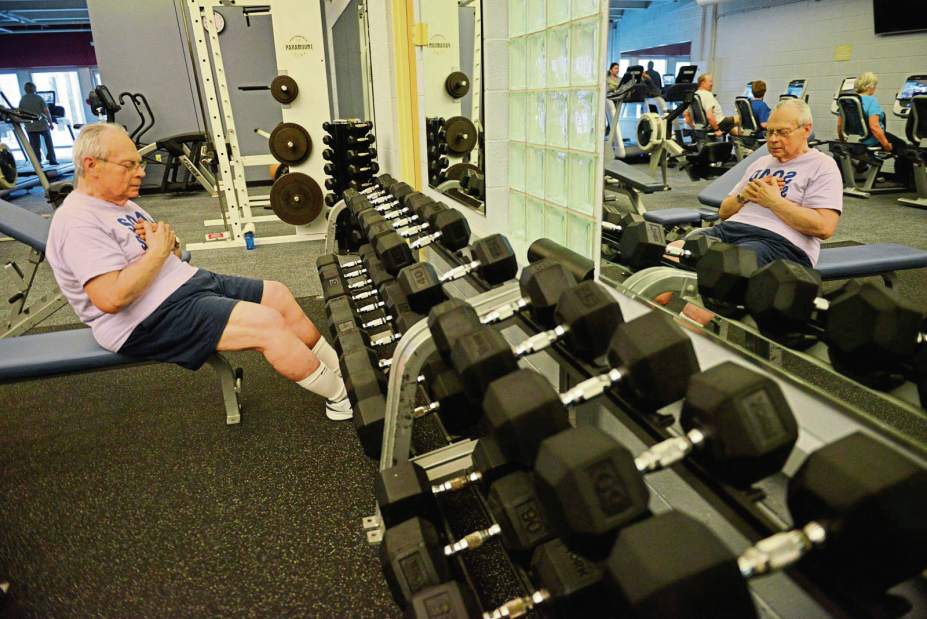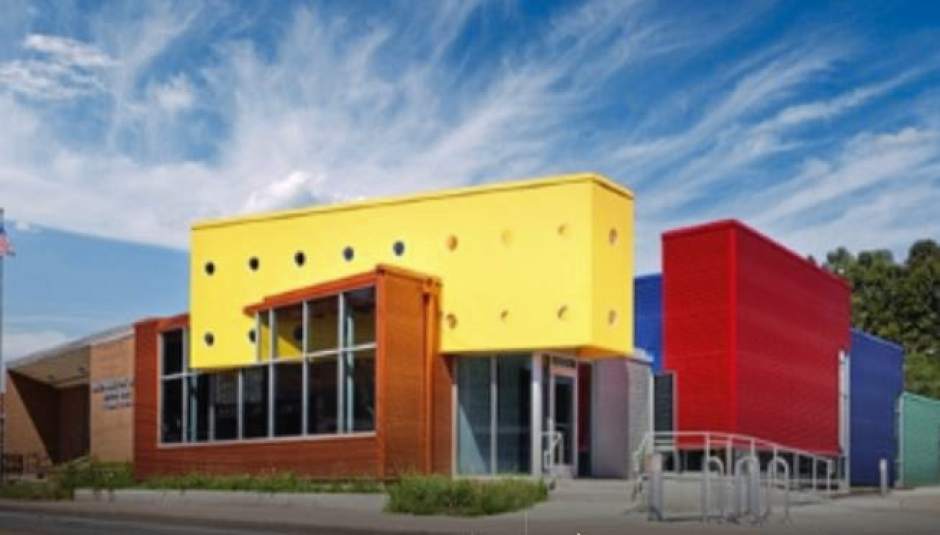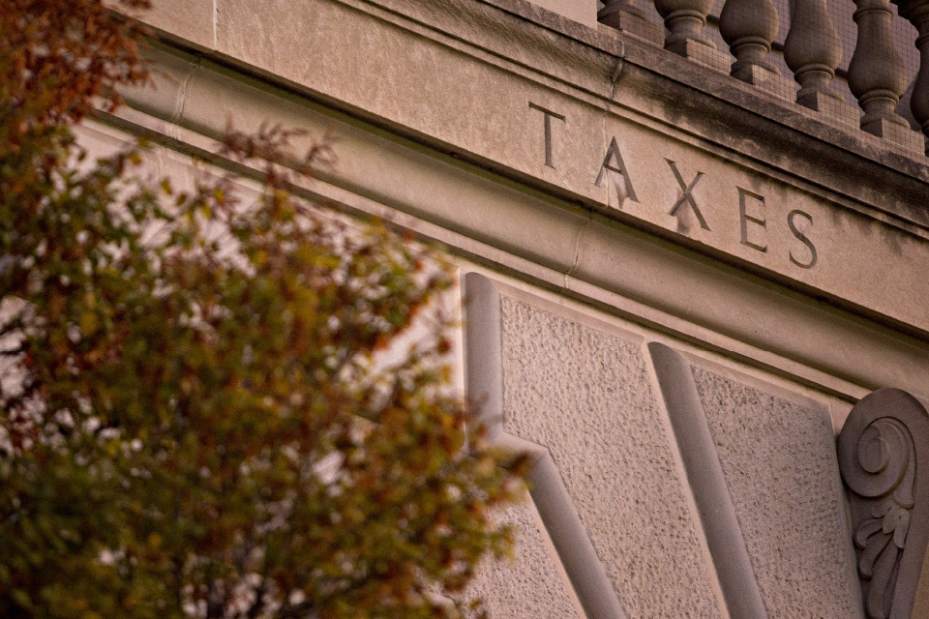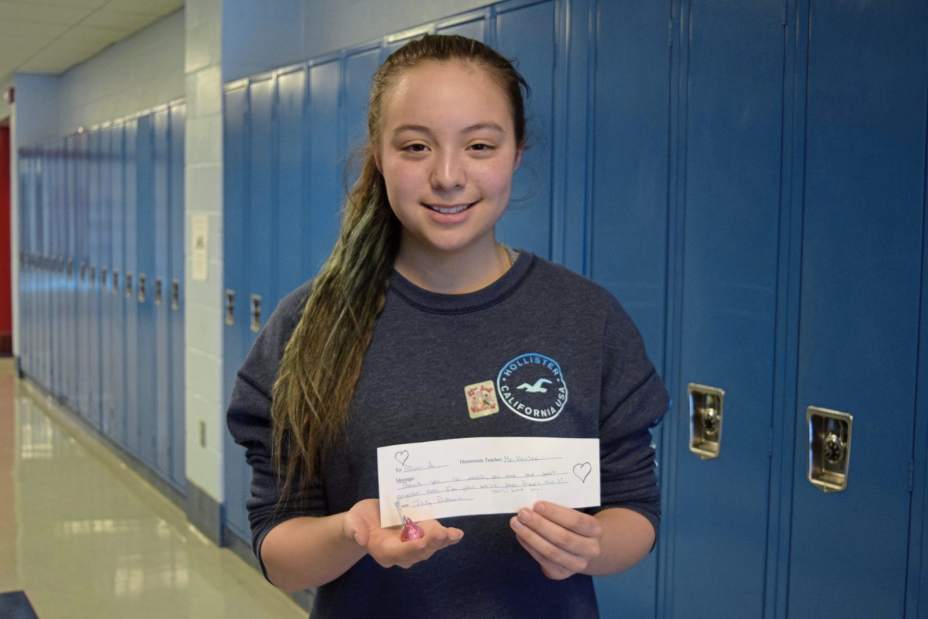Just days before he was to go on trial on charges of killing an 8-year-old Monessen girl, Charles E. Koschalk pleaded guilty Friday to first-degree murder and was promptly sentenced to life in prison without the possibility of parole.
In court late yesterday afternoon, Koschalk admitted to intentionally killing Annette Bright, whose body was discovered in a shallow grave in Rostraver Township on July 17, 2001. Since his arrest, Koschalk had contended he accidentally shot the girl.
Appearing in court dressed in a blue prison jumpsuit, Koschalk, a small, slender man, sat quietly on the witness stand for several minutes, then finally addressed Westmoreland County Judge William J. Ober and the girl's parents.
"Life is hard to replace. Sorry. I hope God forgives me. That's all I have to say," Koschalk said.
The victim's parents, John and Annette Bright, said in court that they approved of the plea bargain. While his wife fought back tears, John Bright sat on the edge of his seat, glaring at Koschalk throughout the hearing.
Outside the courtroom, the Brights declined to comment further.
What was originally scheduled as a routine pretrial status hearing yesterday turned into an impromptu guilty plea, which was negotiated throughout the afternoon.
Assistant District Attorney Karen Patterson said no plea bargains were previously offered.
"They approached us about this today," Patterson said of the defense.
In return for Koschalk's plea to a charge of first-degree murder, prosecutors agreed to drop a separate sex case in which Koschalk was charged with rape and other offenses for having a three-year relationship with the dead girl's now 14-year-old sister, Marcia.
Patterson said the decision to drop the sex case against Koschalk came about only because he was sentenced to life in prison in the murder case.
Defense attorney Jeff Monzo said Koschalk asked his lawyers to arrange a deal about two weeks ago.
"He really expressed a desire to lift this burden off of him. It was also important to him that Marcia not go through with this trial or the other trial," Monzo said.
Monzo also said Koschalk was concerned about entering prison with a conviction for sex crimes against a child.
His defense lawyers declined to offer any details about why Koschalk killed Annette Bright, saying such a disclosure would violate the attorney-client privilege.
Testimony in the trial was slated to begin on Monday. Twelve jurors and four alternates were selected to hear the case last month.
Had the case gone to trial, the defense was expected to contend that Annette Bright was the victim of an accidental shooting.
Koschalk, a longtime friend of the Bright family, told authorities he was with the girl on a hunting trip. While in the woods with her, he said he was jolted by a cramp and his .20-gauge shotgun accidentally discharged. Annette was struck in the head.
At his preliminary hearing in September 2001, FBI Special Agent Patrick McGlennon testified Koschalk described in detail how he met up with Annette Bright, drove her to his home, got his shotgun and took her to the woods to hunt deer on a July afternoon.
"They sat down and had been waiting about 20 minutes when Koschalk said his leg started to cramp. As he stood to relieve that cramp, the gun discharged," McGlennon testified. "...He characterized it as a stupid mistake."
In that same interrogation, Koschalk told authorities where he buried the body and how he disposed of the weapon by cutting it up and throwing several pieces in a trash can outside his home. A month later he told police he threw the rest of the gun off a bridge into the Monongahela River.
Those admissions might have kept Koschalk off death row. Prosecutors agreed not to seek the death penalty against him in return for his confession and information about where Annette's body could be found, Patterson said.
Prosecutors never believed Koschalk's accident claims. They contended he killed Annette Bright in retaliation for her sister having cut off a three-year sexual relationship.
During a search of Koschalk's home shortly after Annette Bright's body was found, authorities discovered five handwritten letters in his trash that appeared to be addressed to Marcia Bright.
In those letters, Koschalk lamented Marcia Bright's decision to break off their relationship. He also threatened her and the Bright family should she ever disclose their sexual encounters.
"You better hope they catch me before I kill you or your family," Koschalk wrote.
In another letter he wrote, "I love you to death and will not let you go." He signed one letter, "I love you forever and ever."
Prosecutors contended Koschalk also had sexual contact with Annette Bright around the time of her death.
In a previous court hearing, Patterson said tests revealed that seminal fluid stains from Koschalk were found on the shirt and shorts that Annette Bright wore when her body was found.
The defense suggested in court that the semen stains may have been picked up by the girl when she sat in Koschalk's car or was in his home.
Koschalk apparently had a long association with the Bright family.
He was convicted in 2000 on a misdemeanor charge of corruption of a minor for keeping Marcia Bright out all night and was sentenced to probation and ordered to stay away from the family. He was still under court supervision when a county probation officer spotted him at a Hempfield Township department store with Marcia Bright.
Although paperwork was filed to have Koschalk's probation revoked, no other court action occurred. Two months later, Annette Bright was reported missing.
During child custody proceedings last year for the two surviving Bright children, friends and family members, including a relative of Koschalk's, said the parents, John and Annette Bright, knew about the ongoing relationship between the defendant and their children.
Koschalk's sister-in-law said the parents allowed him to keep seeing the children because he lavished gifts on the family.
Even after the girl's murder, Koschalk's influence on the family continued. John and Annette Bright used charitable donations from a burial fund to buy a used car. The Brights said they needed the car to replace the vehicle they had been using because it was actually owned by Koschalk.
As a result of taking $4,300 from the fund for the car, the Brights were charged with theft. Their case is pending.
Last year, prosecutors filed rape charges against Koschalk in connection with his relationship with Marcia Bright. She told police that between Sept. 1, 1998, and July 15, 2001, the day her sister was killed, she had an ongoing sexual relationship with Koschalk.
In a pretrial ruling, Ober ordered that the rape allegations against Koschalk must be tried separately from the murder case. Although prosecutors dropped the sex charges against Koschalk, Patterson said they would be refiled if Koschalk ever tries to rescind his guilty plea in the murder case.
All of those other issues led defense attorneys to ask that the case be moved from Westmoreland County, or that jury selection be relocated to another county.
Jury selection was conducted early last month in Greensburg and took just a week. A majority of the jurors selected said they knew little about the allegations against Koschalk and could render an unbiased verdict based on the trial evidence.
Patterson said the issues surrounding Koschalk's case, allegations of his sexual assault of Marcia Bright, the theft charges against John and Annette Bright and their failed efforts to regain custody of their two surviving children — they were placed in foster care a month after the murder — did not hinder the prosecution.
"I think it was a very complex case, but I don't think it detracted from the issues that an 8-year-old child was brutally murdered. The facts in and of themselves...are so violent and compelling," Patterson said.







